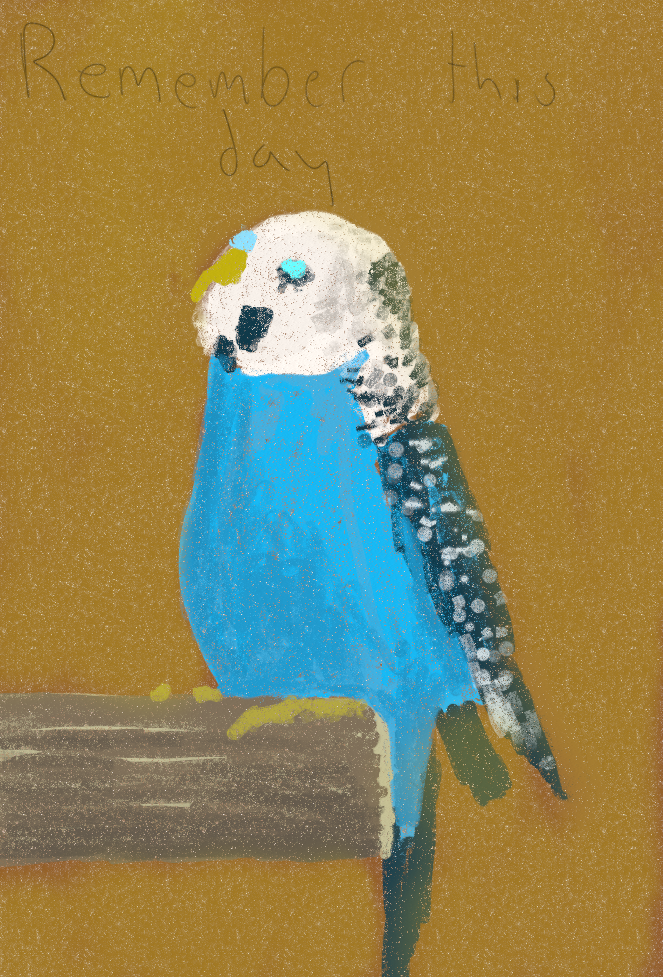like what if the first person to coin the phrase, for the one bee that lays around just producing offspring, lived in a world that had no monarchies? or, were radically opposed to the concept.
also what do you think we would name them today if we just found them?
In Old English it’s “beomodor”, literally “bee mother”
Does that mean Beowulf means bee wolf in old English?
Yes, or perhaps less literally “bee hunter”, it was used as euphemism for a bear. There’s some theories that saying the actual word for bear was taboo (some theories say that people believed saying it’s name could attract one), so they used euphemisms like that, or “the brown one”, bero, which is where the English word “bear” comes from.
Now that just makes me curious as hell about the original work for bear. Maybe something more similar to the Latin “ursa”?
that’s some good shit
One does not simply walk into beomodor.
Mother bee, since it’s the only one laying eggs.
Interesting bee fact -
In a hive that has been queenless for a period of time (long enough that there’s no way they can raise a replacement queen), one or more workers may develop the ability to lay unfertilized eggs.
Due to how honeybee genetics work, those unfertilized eggs can hatch into drones (males), which may then have the opportunity to mate with queens from nearby colonies.
I guess this is sort of a last ditch effort to propagate the hive’s genetic material before it fizzles out and dies. Which I think is fascinating.
Boss Bitch
Boss Bee-atch
They are called mother bee in Estonian.
Matriarch
Your Beeness
🅱️nis
I’d name it “Root bee”.
Head bee.
Mommy bee
“Matron” it’s a term you can use and is the head lady of a family, usually implying wisdom and a lot of influence.
Bee Producer Bee
Big Beeyotch
I vote for Beeznatch
I feel like this is something other languages must have answers for, but I’m not finding any articles or discussions about it. Like in German it’s “Bienenkönigin”, which is literally the words for bee and queen, but surely that’s not the case for every language. The only other thing I can think of is just checking random languages one by one and that’s not something I want to do on mobile.
Anyway I’d call them julia beesars
I tried googling “queen bee in Arabic” but I can’t tell if it’s giving me the Arabic term for queen bee or if it’s just translating the words lol
I find a good way to find the common name for something in another language is to go to its wikipedia page and see what the equivalent page in the other language is called. So in Arabic it’s “ملكة النحل”. The ملكة part does indeed mean queen
Whatever the equivalent word would be. Leader, chief, boss, it doesn’t really matter.
As long as the concept of a single leader existed, it would have been applied to something like bees. Wouldn’t need monarchies to recognize a central focus of an insect group, and pick the closest word for that.
You could maybe argue that there might be some alien species that had no concept of ever needing a decision maker, and they would have to coin a new word for the main reproductive entity of a hive. Something like mother might be used, if the aliens had that concept at all. Perhaps “generator” would be a close enough equivalent that the imaginary aliens would be almost certain to have a similar enough concept.
But humans had a concept of needing someone to make decisions about things way back. So I don’t think it’s a realistic enough idea to say that in the absence of monarchy that we wouldn’t have some kind of term for a person in charge.
HBIC (Head Bee In Charge)











